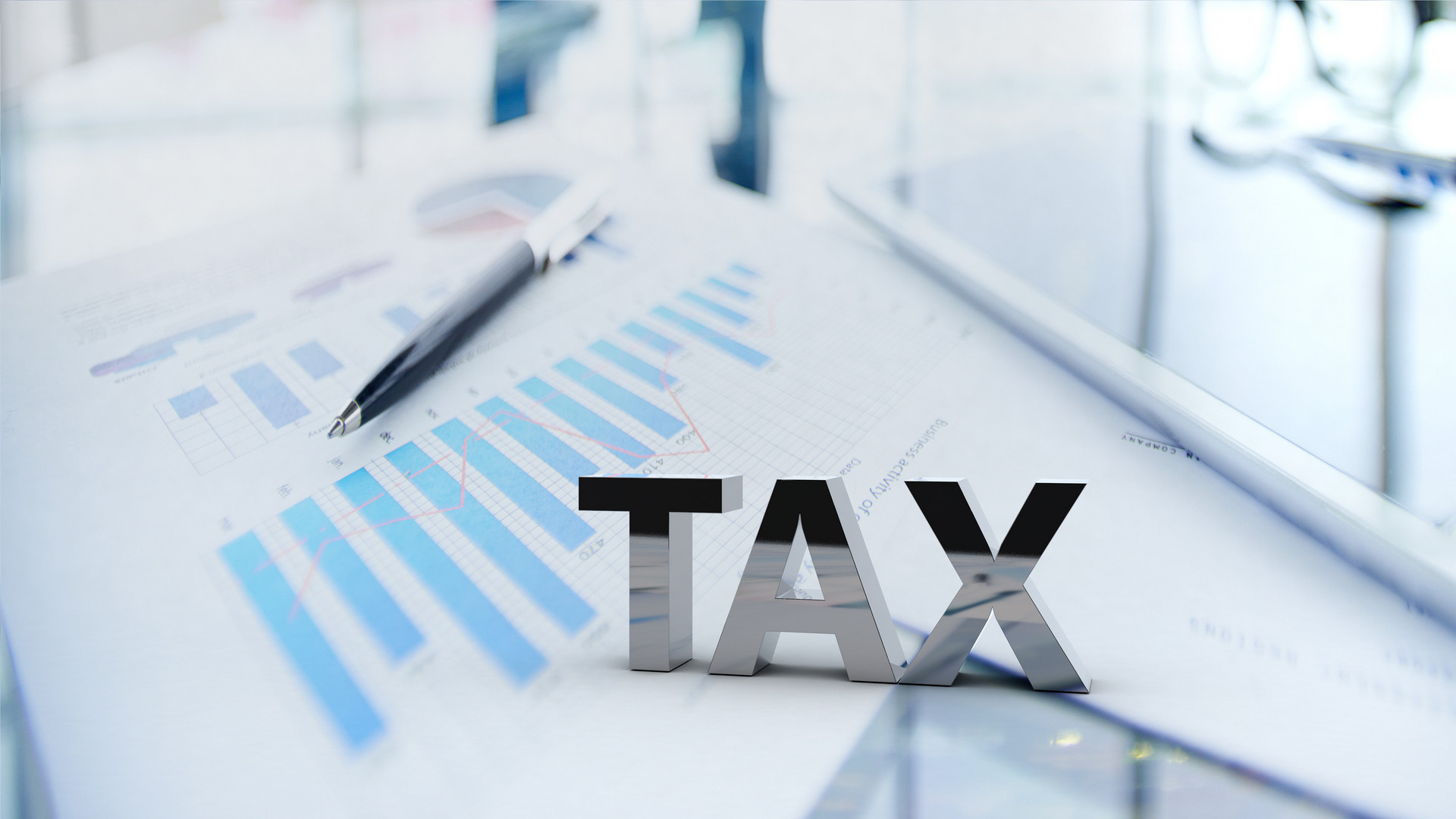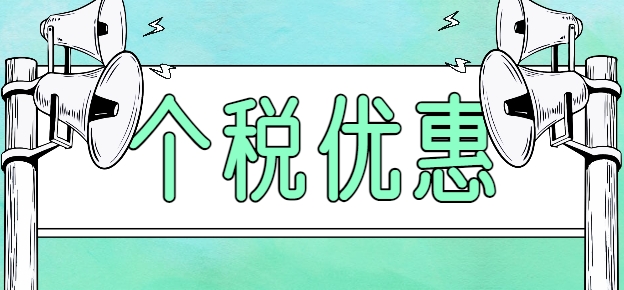

2024-01-12
Transportation Expense Reimbursement and Deduction of Input Tax, These Precautions Must Be Understood!
Transportation expenses are an essential cost in the production and operation of enterprises. What issues should be paid attention to when reimbursing and deducting input tax? Can common types of transportation bills serve as input tax deduction vouchers? How to determine the deductible input tax amount... Hargent provides you with a detailed analysis and summarizes six high-frequency issues for enterprises to refer to when actually reimbursing.
2024-01-12
Tax Analysis and Corresponding Suggestions on the New Policy of Ordinary Residence
On December 14, 2023, Beijing and Shanghai simultaneously introduced optimization policies for the real estate industry, adjusting the standard for ordinary residence, lowering down payments and interest rates, aiming to meet residents' housing needs and promote the healthy development of the market. This article takes Beijing as an example to explore the impact of the adjustment of ordinary residence standards on the land appreciation tax of real estate enterprises, and provides corresponding suggestions.
2023-12-12
Discussion on the Tax Treatment of Upfront Land Costs Under the Urban Renewal Model
Urban renewal has become an important way for real estate companies to obtain land resources. Under various modes of urban renewal, the tax treatment of upfront land costs is a focus issue. In order to ensure that upfront land costs can be deducted before tax, what kind of bills real estate companies should obtain is a key issue. This article will explore the tax treatment of upfront land costs under the urban renewal model.

2024-01-25
An Analysis of the Impact of the Four Major Changes in the New “Company Law” on Corporate Tax Management
The newly revised “Company Law of the People's Republic of China” has been voted on and passed recently. The new Company Law has made significant changes to China's corporate capital system, corporate mechanism and organizational structure, as well as the rights and responsibilities of shareholders, directors, supervisors, senior managers and creditors. The resulting tax implications deserve corporate attention. Hargent will analyze the impact of the four major changes in the “Company Law” on corporate tax management from a tax professional perspective.

2024-01-25
As the Country Regulates the Implementation of the New PPP Mechanism, What Are the Key Points in Tax Management?
The General Office of the State Council recently forwarded the "Guiding Opinions of the National Development and Reform Commission and the Ministry of Finance on Standardizing the Implementation of the New Mechanism for Public-Private-Partnership" (Letter No. 115 [2023] of the General Office of the State Council), which clarifies that PPP focuses on user-pay projects and completely adopts the franchise model. Under the overall requirements of the new mechanism, which tax issues need to be focused on? This article brings you the latest insights.
label:
Two Pillars
Breaking News – OECD Released Global Minimum Tax Model Rules. Hargent International suggested Chinese Multinational Enterprises How to deal with the“Two-pillar" International Tax Reform
On 20 December 2021, the OECD published the Pillar Two model rules for a two-pillar reform of international taxation to help implement a landmark reform of the international tax system that will ensure that multinational enterprises (MNEs) will be subject to a minimum tax rate of 15% from 2023.
2021-12-21 Wu, Xiaoqiang

Key Points of Fiscal and Tax Support Policies for COVID-19 Prevention and Control
The focus is on the policy points of the Ministry of Finance General Administration of Taxation Announcement No. 8 of 2020 (hereinafter referred to as Announcement No. 8), the Ministry of Finance General Administration of Taxation Announcement No. 9 of 2020 (hereinafter referred to as Announcement No. 9), the Ministry of Finance General Administration of Taxation Announcement No. 10 of 2020 (hereinafter referred to as Announcement No. 10) and the Ministry of Finance National Development and Reform Commission Announcement No. 11 of 2020 (hereinafter referred to as Announcement No. 11).
2020-02-10 Sun, Zhihong Ma, Mingli

A number of individual tax incentives continue to be implemented, the key points in detail see here!
Recently, the State Council, the Ministry of Finance, the State Administration of Taxation and other departments have issued announcements one after another to extend the period of a number of preferential policies on personal income tax, including special additional deduction, year-end bonus, exchange of housing and many other preferential policies. Hargent has organized the policy points one by one, and it concerns everyone, so come and learn about it!
2023-10-16 Sheng Shuangshuang Wang Yafei

Introduction of Tax Treatment for Sale of Used Vehicles
Used vehicles refer to automobiles (including three-wheeled vehicles, low-speed cargo vehicles, i.e. former agricultural transport vehicles), trailers and motorbikes that are traded and transferred to ownership from the time they complete the registration procedures until they reach the national compulsory scrapping standard. Depending on the subject of sale, the sale of used cars can be divided into two categories: the sale of used cars by enterprises and the sale of used cars by natural persons, where the sale of used cars by enterprises can be divided into the sale of used cars by non-used car dealership enterprises (hereinafter referred to as "general enterprises") and the sale of used cars acquired by used car dealership enterprises. The tax treatment differs for different sales entities and sales situations, so let's learn how to pay tax for different entities and sales situations!
2021-10-29 Xiao, Dongmei

Comparison of environmental protection tax collection and management of construction dust in 17 provinces and cities
According to Article 3(3) of the Notice of the Ministry of Finance, the General Administration of Taxation and the Ministry of Ecology and the Environment on Clarifying Issues Relating to the Application of Taxable Pollutants for Environmental Protection Tax (Cai Shui [2018] No. 117), if taxable air pollutants are discharged in the course of construction, loading, unloading and storage of goods, the emissions of taxable pollutants shall be calculated in accordance with the emission coefficients and material accountancy methods prescribed by the Ministry of Ecology and the Environment; if they cannot be calculated in accordance with the emission coefficients and material accountancy methods prescribed by the Ministry of Ecology and the Environment, the emissions of taxable pollutants shall be approved and calculated in accordance with the sampling and measurement methods prescribed by the competent ecological and environmental authorities of provinces, autonomous regions and municipalities directly under the Central Government. It is due to the above policy provisions that various regions have introduced tax policies for the approved collection of environmental protection tax, in which the formula for calculating the taxable amount of environmental protection tax for construction dust is the same in most provinces and municipalities, with individual regions such as Beijing and Jiangsu differing significantly from other regions; the formula also has various calibres regarding the construction area and construction area.
2021-09-14 Liu, Daping

Hargent view | "government work report" tax hot parsing
The Fourth Session of the 13th National People's Congress was successfully held in Beijing from 5 to 11 March. On behalf of the State Council, Premier Li Keqiang delivered the Report on the Work of the Government (the "Report") to the General Assembly. Last year, China implemented a combination of large-scale tax and fee cuts and institutional arrangements, reducing the burden of market entities by more than RMB 2.6 trillion, including RMB 1.7 trillion in social insurance premiums, which played an important role in fighting the epidemic and relieving difficulties, and stabilising the economy. Looking ahead, during the 14th Five-Year Plan period, China will establish a modern fiscal and financial system and enhance the government's economic governance capacity as one of the major tasks to deepen reform and opening up, and will implement a series of tax incentives in 2021. In the future, China Taxation will implement a series of tax incentives in 2021, which will be analysed one by one, taking into account the contents of the report and the current regulations.
2021-03-12 Wu, Xiaoqiang Wang, Fang

Case analysis | SBC Indonesian EPC project eventually tax applies: controversy and way out
Recently, the bond prospectus of a joint stock company published by the SSE disclosed the final tax dispute of a thermal power engineering company belonging to the group in an EPC project in Indonesia, with a disputed tax amount of more than 60 million yuan. The SSE's 2018 public document also disclosed a final tax dispute in Indonesia for a group international cooperation company limited, with the disputed tax amount reaching 147 million yuan. These are two of several final tax dispute cases that have occurred in recent years for Chinese enterprises contracting projects in Indonesia. This article takes the above thermal power project case as the object of analysis, takes into account the characteristics of EPC projects and the Indonesian tax system, analyses in depth the content of the dispute and makes corresponding recommendations based on the overseas experience of the Tax International Department of Huazheng, with a view to effectively reducing the significant tax risks of Chinese enterprises undertaking international contracting projects.
2020-11-26 Wu, Xiaoqiang

Focus on orientation to promote " Belt and Road Initiative" tax collection and management cooperation
At the “Belt and Road initiative” Tax Collection and Management Cooperation Forum held in Wuzhen in April 2019, the tax authorities of 34 countries and regions jointly signed a memorandum of understanding and established the “Belt and Road” tax collection and management cooperation mechanism
2019-06-05 Wu, Xiaoqiang
This website uses cookies to ensure you get the best experience on our website.